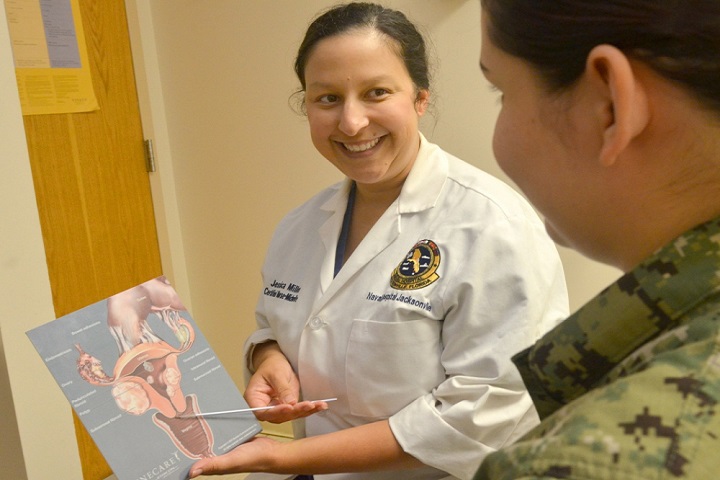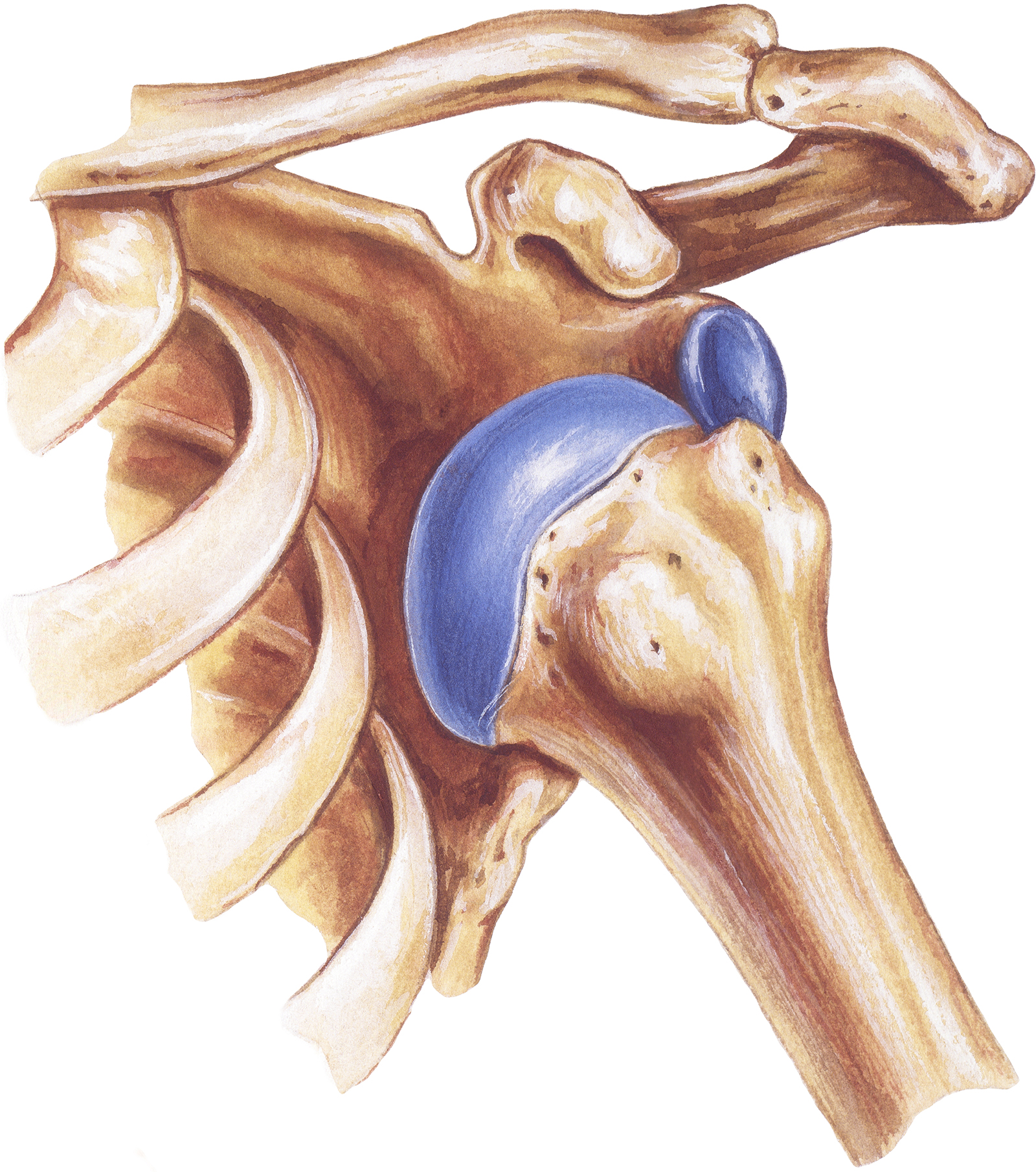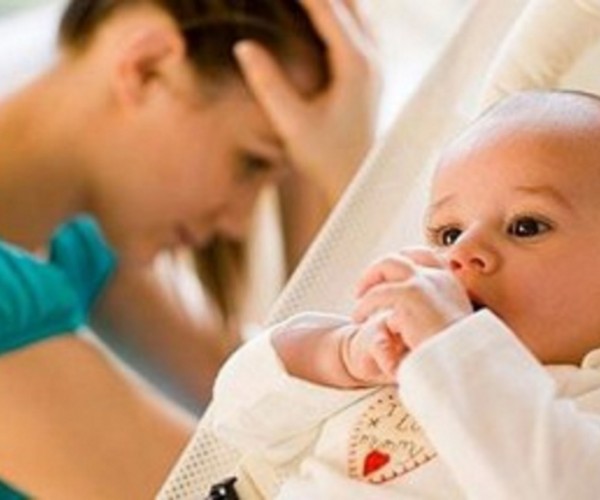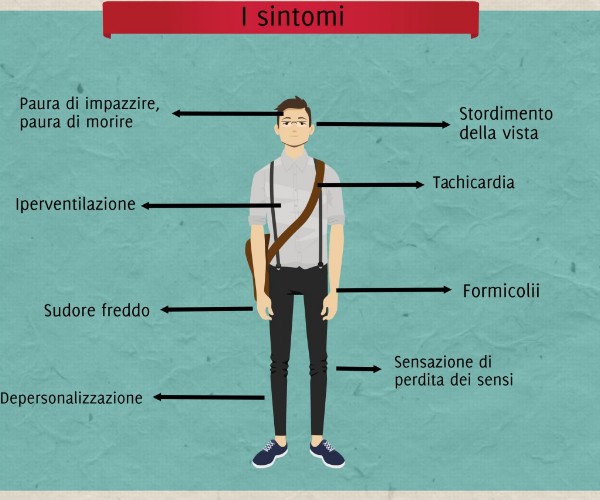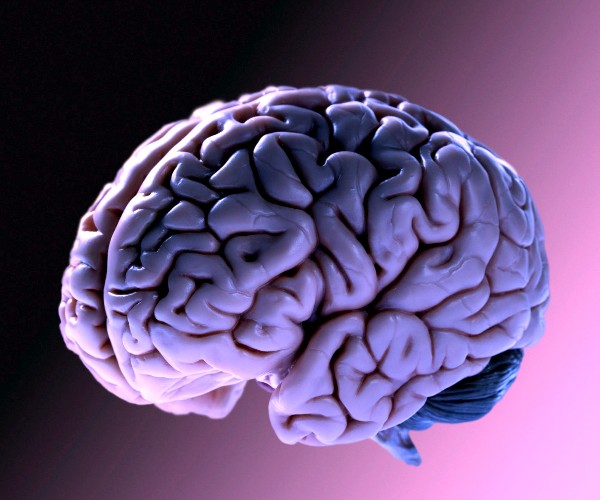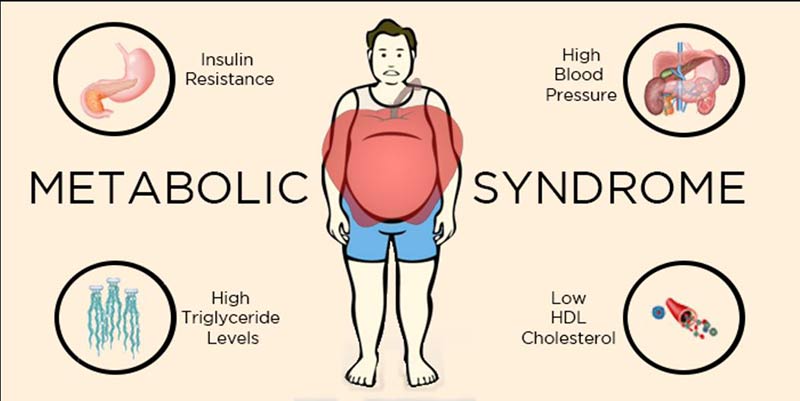When we talk about infertility, it is impossible not to talk about couples as well. This is mainly because infertility is both a symptom and a problem of the couple itself. Before continuing by examining precisely what the effects of infertility are on both men and women, it is appropriate to give a more precise definition of what it means to be infertile.
Sterility
Infertility is the absolute lack of reproductive capacity in both women and men. An infertile couple is defined as one that fails to conceive after 12 months of unprotected intercourse occurring during ovulatory phase. Infertility, on the other hand, is defined as a defect in the nesting or development of the embryo, whereby the woman is unable to carry a pregnancy to term.
In addition to this one just described, another type of infertility can also occur, namely subinfertility. It occurs when both partners in a couple have minor impairments of their fertility (e.g., a lower-than-normal sperm count or an occluded fallopian tube), which do not render them individually infertile, but which added together prevent conception.
Fertility has an acme , both in men and women, around the age of 25. After age 32 it declines: gradually for men, much faster for women.
For the woman
Infertility for the woman can pose a threat to her identity, to her being a woman, daughter, lover and wife. It may involve the feeling of not “being done right.” It can also connect to the questions (“how am I made inside…will I have all the things right ?”) that the adolescent female asks about her sexual organs, internal and hidden. In a research conducted on a group of infertile women, it was found that their body pattern appeared to be characterized by: regressive elements, confusion and insecurity regarding their sexual identity, accentuation and omission of body parts, and the presence of aggressive impulses and uncontrolled emotionality.
For the man
Historically, that is, until the 20th century, infertility was considered a woman’s sole responsibility. The only form of infertility that was attributed to man was impotence. Over the centuries male fertility and sexual potency have come to be confused and overlap.
Faced with the phenomenon of infertility, couples have various reactions: some from the very beginning go to the doctor to request an intervention against a dreaded infertility but of which they have no concrete evidence at the moment; others never go through the whole diagnostic process to the end, they go as if on an alternating current; others, having done little or nothing on the level of diagnostic investigations, immediately begin an adoptive path; finally, there are some who go from one doctor to another.





